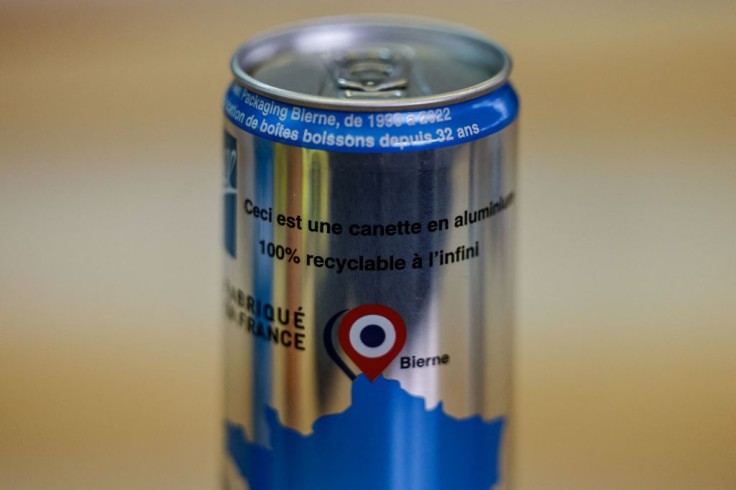
The Food and Drug Administration (FDA) has recently unveiled a proposal to ban the use of brominated vegetable oil (BVO) in popular drinks, citing growing health concerns associated with this food additive.
BVO, commonly utilized to prevent ingredient separation in fruit-flavored beverages, has raised alarm due to its potential health risks. This development comes as the FDA intensifies efforts to enhance food safety regulations and safeguard public health.
FDA's Concerns About Brominated Vegetable Oil
Brominated vegetable oil, abbreviated as BVO, has long been a subject of controversy within the food and beverage industry. It is a food additive added to maintain the stability of fruit-flavored drinks by preventing the separation of ingredients.
BVO contains bromine, an element also found in flame retardants, which has prompted concerns about its safety. This chemical additive, though once widely used, has come under scrutiny due to its potential adverse health effects.
The FDA's recent proposal to ban BVO is rooted in the agency's diligent assessment of the health risks linked to this food additive.
Recent studies have raised concerns about BVO's impact on thyroid health, an essential gland responsible for regulating critical bodily functions, including blood pressure, heart rate, and metabolism.
Furthermore, prior research has indicated potential harm to the liver and heart, as well as its potential to cause neurological problems.
Global BVO Restrictions and California's Pioneering Action
In 1970, the FDA took the step of removing BVO from the list of substances considered "Generally Recognized as Safe and Effective." This decision was made due to concerns about the potential harm it could inflict on the human body.
Nevertheless, the agency continued to allow the use of BVO on an "interim" basis, subject to further investigation.
While many well-known beverage giants, such as Coca-Cola and Pepsi, have voluntarily phased out the use of BVO in their products, it can still be found in certain smaller grocery store brands and some regional beverages.
A notable example is Sun Drop, a citrus-flavored soda that continues to include BVO in its ingredients despite growing concerns and bans elsewhere.
It's important to note that the European Union and Japan have previously banned the use of BVO in food and beverages, aligning with their commitment to food safety standards.
In a landmark move, California's Governor, Gavin Newsom, recently signed a bill banning four food additives, including BVO, making California the first U.S. state to prohibit chemicals that remain permissible at the federal level.
This progressive action highlights the state's commitment to public health and safety. The FDA's proposal to ban BVO is now open to public scrutiny and comment.
The agency has encouraged stakeholders and the public to provide feedback and insights until the deadline on January 17th. This approach ensures that all concerns and perspectives are considered before any decision is finalized.
Implications and Future Actions
Should the proposed ban on BVO receive the green light, the FDA intends to give beverage manufacturers at least one year to either reformulate their products or update their labels to comply with the new regulation.
This grace period aims to facilitate a smooth transition for both manufacturers and consumers, ensuring awareness of the changes.
In addition to the BVO ban proposal, the FDA has also turned its attention to the potential cancer risk associated with red dye No. 3, a synthetic food coloring. This is part of the agency's broader effort to further strengthen food safety regulations and ensure the well-being of consumers.
As the FDA takes these steps to address health concerns related to brominated vegetable oil, it underscores the agency's commitment to safeguarding public health and ensuring that the food and beverages consumed by the American public meet the highest safety standards.
The proposed ban on BVO reflects the ongoing efforts to eliminate potential health risks from the food supply, contributing to a safer and healthier food and beverage industry for all.